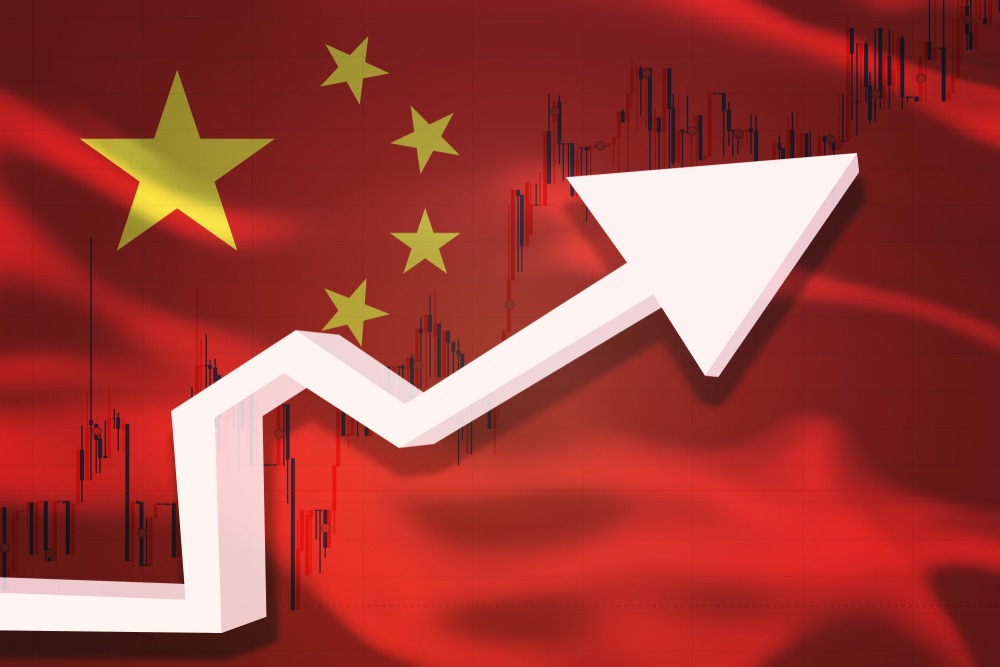Saudi Arabia’s economy minister announced that the kingdom would tap into unconventional sectors to create additional jobs. The government aims to boost the quality of life. It will encourage talents to work in non-traditional sectors, such as entertainment and esports.
The country first launched its “Vision 2030” plan in 2016. It aims to cut oil dependence by building new industries. However, the government will also continue investing in existing ones, like energy and petrochemicals.
Crown Prince Mohammed bin Salman, the kingdom’s de facto ruler, has pushed social reforms along with the economic agenda. He hopes that such a policy will help modernize the kingdom. These new rules allowed women to drive in recent years while also sanctioning music concerts and cinemas in the country for the first time.
Minister Faisal al-Ibrahim stated that in the past, the government viewed such developments and changes as hopeful byproducts of an economic transformation. However, today, it sees them as key ingredients for an optimum economic transformation.
Moreover, al-Ibrahim added that Saudi female participation had soared to 37% in the labor force. This number beat the authorities’ target of 30% by 2030. At the same time, the Saudi male unemployment rate hit 4.8%, its lowest point ever.
According to reports, in the private sector, jobs hit 2.2 million this year, which is a record high. The government expects new sectors to appear that did not exist in the past. Sports, entertainment, tourism, and culture will likely play a big role.
China’s Premier Li Also Talks About the Acceleration of The Economic Growth
China’s Premier Li Keqiang announced on Wednesday that the country’s economy would speed up its recovery. He expects it to rebound fast despite facing many challenges and difficulties.
The government plans to help talented people overseas to move and work in the country. The Premier also added that Beijing would better protect the rights and interests of foreign investors.













